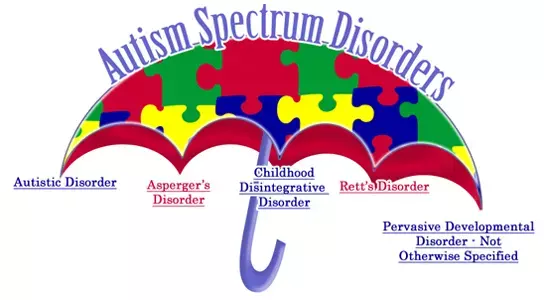- Home
- Medical news & Guidelines
- Anesthesiology
- Cardiology and CTVS
- Critical Care
- Dentistry
- Dermatology
- Diabetes and Endocrinology
- ENT
- Gastroenterology
- Medicine
- Nephrology
- Neurology
- Obstretics-Gynaecology
- Oncology
- Ophthalmology
- Orthopaedics
- Pediatrics-Neonatology
- Psychiatry
- Pulmonology
- Radiology
- Surgery
- Urology
- Laboratory Medicine
- Diet
- Nursing
- Paramedical
- Physiotherapy
- Health news
- Fact Check
- Bone Health Fact Check
- Brain Health Fact Check
- Cancer Related Fact Check
- Child Care Fact Check
- Dental and oral health fact check
- Diabetes and metabolic health fact check
- Diet and Nutrition Fact Check
- Eye and ENT Care Fact Check
- Fitness fact check
- Gut health fact check
- Heart health fact check
- Kidney health fact check
- Medical education fact check
- Men's health fact check
- Respiratory fact check
- Skin and hair care fact check
- Vaccine and Immunization fact check
- Women's health fact check
- AYUSH
- State News
- Andaman and Nicobar Islands
- Andhra Pradesh
- Arunachal Pradesh
- Assam
- Bihar
- Chandigarh
- Chattisgarh
- Dadra and Nagar Haveli
- Daman and Diu
- Delhi
- Goa
- Gujarat
- Haryana
- Himachal Pradesh
- Jammu & Kashmir
- Jharkhand
- Karnataka
- Kerala
- Ladakh
- Lakshadweep
- Madhya Pradesh
- Maharashtra
- Manipur
- Meghalaya
- Mizoram
- Nagaland
- Odisha
- Puducherry
- Punjab
- Rajasthan
- Sikkim
- Tamil Nadu
- Telangana
- Tripura
- Uttar Pradesh
- Uttrakhand
- West Bengal
- Medical Education
- Industry
Preemptive intervention reduces severity of autism Symptoms Before School Age: JAMA

Autism spectrum disorder is emergent in early development but is not typically diagnosed until age 3 years,and current clinical guidelines highlight diagnosis as a catalyst in the clinical pathway to commence therapeutic intervention. However, interventions beginning during the first 2 years of life, when the first signs of atypical development are observed and the brain is rapidly developing, may lead to an even greater impact on developmental outcomes in later childhood.
Andrew et al from University of western Australia hypothesized that use of the iBASIS-VIPP(iBASIS–Video Interaction to Promote Positive Parenting) intervention during infancy would reduce ASD symptom severity and the odds of ASD diagnosis and improve a range of developmental outcomes. The iBASIS-VIPP is a version of the Video Interaction for Promoting Positive Parenting program, and he intervention involved 10 sessions delivered in family homes by a trained therapist over a 5-month period.
In this randomized clinical trial a total of 104 infants were randomized into two groups-one received the iBASIS-VIPP intervention(Group I) and other group received routine care(Group II). Participants were infants aged 9 months-15 months with three of five specified behavoiurs indicative of ASD(Autism Spectrum Disorders) were included. The Autism Diagnostic Observation Schedule, second edition (ADOS-2),was used at the 12-month(baseline) and treatment end-point(approx. age 18 months),2 years and 3 years to measure ASD behaviors.
Key findings of the study were:
-From the analysis researchers found that the iBASIS-VIPP intervention led to a reduction in ASD symptom severity ( 95% CI, − to −0.28; P = .04) at 18 months of age.
-Significant improvement was found in social-emotional reciprocity in the intervention group as compared to routine care group(p-0.02).
-Reduced odds of ASD classification at age 3 years was found in the iBASIS-VIPP group (3 of 45 participants [6.7%]) vs the usual care group (9 of 44 participants [20.5%]; with a significant p value: P = .02).
Authors conclude-"this randomized clinical trial is the first to demonstrate that a preemptive intervention for infants showing early signs of ASD led to a small but enduring reduction in ASD symptom severity and reduced odds of ASD diagnosis in early childhood".
Source:JAMA pediatrics
Dr Kamal Kant Kohli-MBBS, DTCD- a chest specialist with more than 30 years of practice and a flair for writing clinical articles, Dr Kamal Kant Kohli joined Medical Dialogues as a Chief Editor of Medical News. Besides writing articles, as an editor, he proofreads and verifies all the medical content published on Medical Dialogues including those coming from journals, studies,medical conferences,guidelines etc. Email: drkohli@medicaldialogues.in. Contact no. 011-43720751


